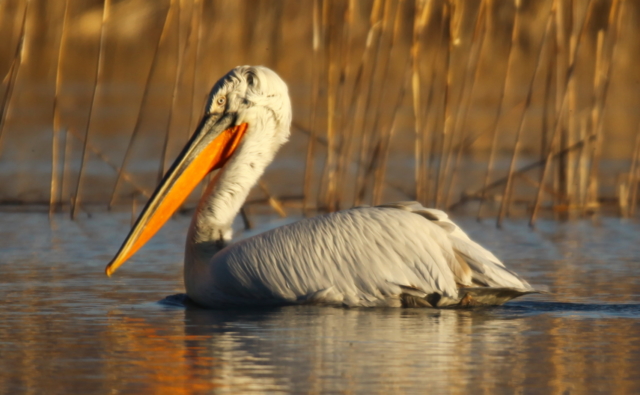The emergence of antibiotic-resistant bacteria is a major public health issue. Through their creative vision, MoPA students show us how the study of wildlife can help us better understand the dynamics of these bacteria.
Many pathways between human populations, livestock, and natural ecosystems must be better understood and taken into account to meet the challenges of controlling antibiotic resistance.
This short film was made in an educational partnership with the Tour du Valat by students (Maud Grainger, Amélie Devauchelle, Quentin Devred, Clémence Fischbach, Victoria Leviaux et Juliette Michel) at the MoPA Computer Graphics Animation School in Arles.
We can see in it the illustration of a much more general reality that we have unfortunately been reminded of recently: our health is closely linked to that of ecosystems and wildlife.
This reality is summarized by the “One Health” concept, which is based on these close links, also shared with the health of pets, as a reminder that it is necessary to jointly take into account humans, livestock and ecosystems in order to preserve the health of all.
The Tour du Valat has been part of this approach since 2005 and since then has continued its work in this direction, using its long-term studies to study various pathogens, from avian flu viruses (to find out more: Study of the links between hydrology and pathogenic agents) to antibiotic-resistant bacteria (to find out more about the antibiotic resistance project in wildlife) via the liver fluke (to find out more about the population dynamic of liver fluke project in the Camargue).
The common objective of these studies is to contribute to a better understanding of the circulation of these pathogens in order to identify ways to limit their impacts that are compatible with the conservation of ecosystems, particularly wetlands.
By supporting the Tour du Valat, you can contribute to conserving wetlands! Every donation, however small, can make a difference!
Donations help us study nature and continue our efforts to better understand and protect it.
The Tour du Valat works to conserve these areas between land and water which are abundant in biodiversity… and yet one of the most threatened ecosystems on the planet!
You can help us by making a donation to our health ecology research programme by clicking here!
With €75 we can collect a cloacal swab from a bird and analyse it in order to determine which of the pathogens involved in our study are present.
Contact : Marion Vittecoq, research scientist – Health Ecology- e-mail



